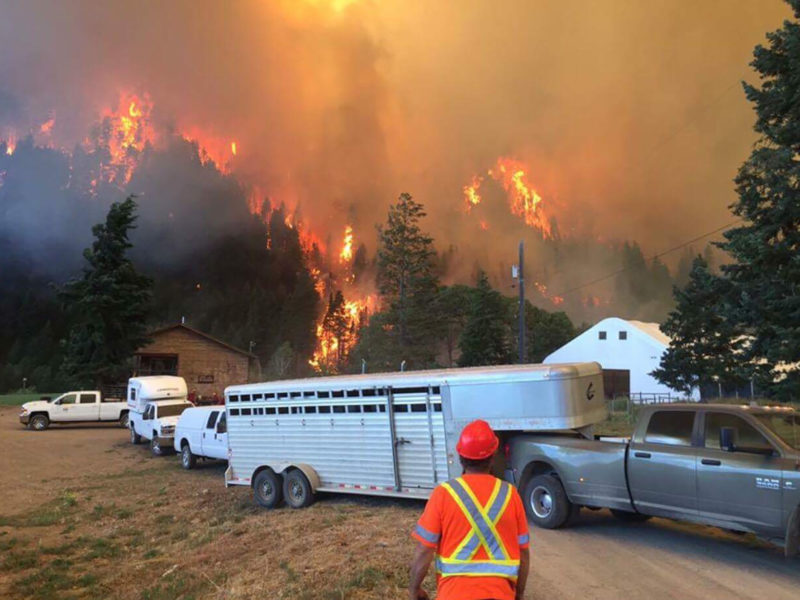All livestock producers will be required to register for Premises ID by next year.
Participation is currently voluntary, but BC agriculture minister Lana Popham says industry demand has prompted the government to develop new regulations under the BC Animal Health Act making it mandatory.
“BC farmers and ranchers have been clear that a new regulation to trace their animals is needed, and we are listening,” says Lana Popham, BC Minister of Agriculture, Food and Fisheries, citing the need for “rapid access to information” so the province “can effectively support industry in responding to both animal health and environmental emergencies affecting livestock and poultry.”
The voluntary registration process has seen full participation by all supply managed groups, and 64% participation by other livestock producers. Current provincial figures indicate that an additional 2,915 premises would be enrolled under the mandatory program.
A public consultation process in 2019 attracted responses from 850 producers, governments and industry associations. A summary of the findings was published last month.
While the report foregrounds the importance of Premises ID in managing stock during natural disasters and disease outbreaks, it also indicates that 25% of respondents were unaware of the program. Other respondents were concerned that it would increase government interference in agriculture, adding to the costs and paperwork farmers face. Still others voiced privacy concerns, though a significant number also hoped the information collected could be shared between ministries to reduce paperwork.
The province says registering for Premises ID takes just 10 to 15 minutes to complete, and will remain a free government service.


 Feed BC expands to post-secondary institutions
Feed BC expands to post-secondary institutions